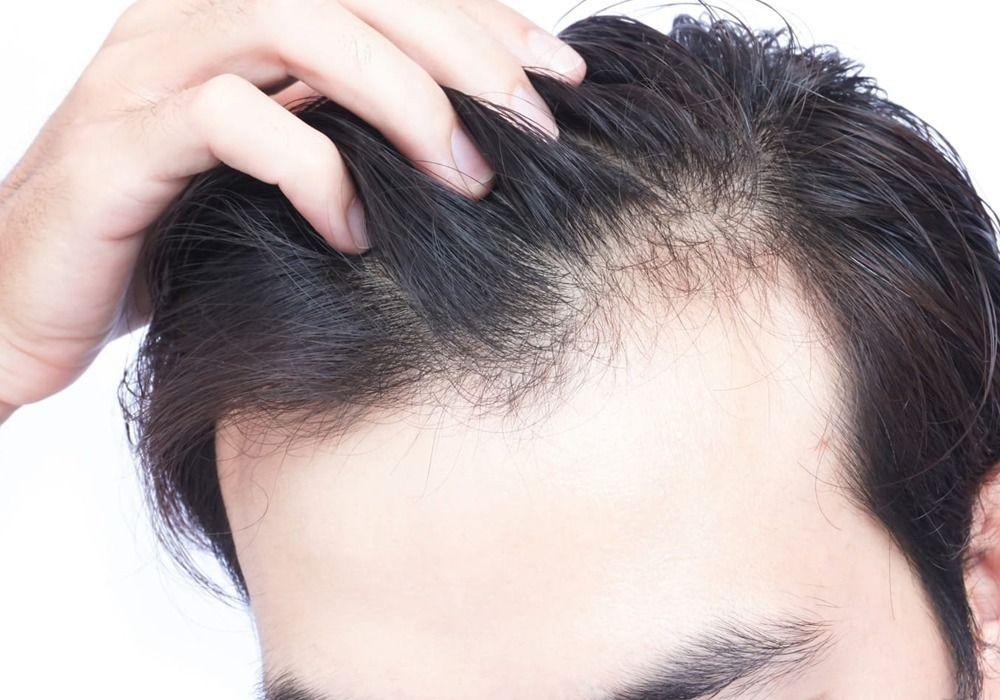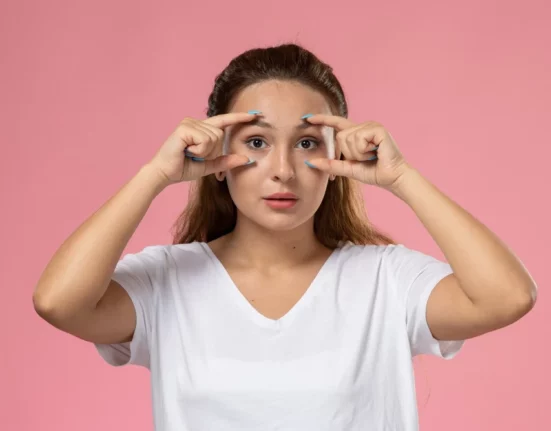Let’s start with the basics – hair loss is normal and natural; losing up to a 100 hair a day is normal and almost everyone has that kind of hair loss. However, if you are losing hair that is verging on scary – clumps on the floor, bathroom drains getting clogged, then there might be something to worry about and you might want to consider getting some form of hair loss treatment. However, before you jump up on the first procedure that sounds good enough, it is imperative that you figure out what exactly is causing your hair loss. Now hair loss can be caused due to several factors including:
- Improper diet – if there are not enough nutrients in your regular diet, it is bound to show in multiple ways, including hair loss
- Hormonal changes – if your body is undergoing some hormonal changes, it could present in the form of hair loss
- Wrong hair habits – if you are not using the right hair products or not washing your hair properly, or not oiling your hair, or using too many heat-based styling tools, it could all lead to hair loss
- Medical trauma – in case you have undergone any medical treatments like chemotherapy, radiation or medical surgeries, there could be hair loss due to it
- Genetics – perhaps one of the most common causes for hair loss could be in your genes – if your parent has hair loss, chances are that you might too
If your undergoing genetic hair loss, it is imperative that you get it properly and thoroughly diagnosed first and this should be done by a professional. Your doctor will ask you a variety of questions related to your hair loss, the pattern of loss and the presence of any other medical conditions. While there are no actual medical tests to diagnose genetic hair loss, your doctor will want to take a look at your hair and scalp and might suggest certain blood tests to ensure no other conditions are ailing the body.
The first step of finalising the proper hair loss treatment will start by understanding the exact nature of your hair loss:
Hair has a cycle of growth, rest, falling out and regrowth – in stage one, the hair is growing (anagen phase) and about 90% of the hair is in this stage and the same lasts about 2 to 5 years. In the stage two (catagen phase) is where the growth stops; about 1-3% of the hair is in this phase and it lasts for 2 to 3 weeks. The final phase (telogen phase) is called the resting phase and lasts between one to four months and about 10% of hair is in this stage. Once the resting phase is over, each hair goes through a shedding phase and once that hair falls out, it creates space for a new one to grow in. It is when the new hair is not able to grow in that you need to worry a tad bit and in case the same is happening due to genetic conditions, your hair loss would be considered hereditary. If the hair loss is being considered genetic, it would be named androgenic alopecia and this is a condition that can affect both men and women.
- Male pattern baldness tends to become more common with age, but there is no guarantee that the hair loss will happen only when age progresses.
- The pattern of your hair loss – whether it’s a receding hair line or a bad spot emerging at the crown and how fast you lose the hair will also be due to the genes in play.
- While the main causes for female pattern baldness are yet to be completely clear, it is believed that it is often connected with menopause and with the erratic behaviour of the hormones.
Now that we have taken a look at what causes genetic hair loss and how it presents itself, we can move onto how the condition can be treated.
Although losing hair is a normal and natural process and will happen over a period of time, treatment is normally not sought for it; however, people tend to choose for hair treatment procedures, when the hair loss starts earlier than what is considered usual. There are several ways in which the condition can be treated:
- Diet: Your very first step, when you start noticing the hair loss, needs to be to improve your diet – hair is mainly protein, which means that to strengthen your hair from within, you need to increase the protein intake in your diet. In addition to that, you need to include nutrients such as calcium, zinc, iron and copper to your diet – fish, chicken, eggs, certain types of cheeses, grains, beans and nuts are all good ways of incorporating more protein.
- Hair styling and hair care: How well you take care of your hair will also decide the strength and well being of your hair; if you are using too many chemical products, not oiling your hair properly, tying your hair too tight, using too many heat-based styling tools will all contribute to the genetic hair loss that is already happening. If you have started noticing hair loss and are concerned that it might be due to genetics, then it would be wise to stay away as much as possible from the chemical-based products and heat-based styling tools.
- Nutritional supplements: One of the preliminary hair loss treatments that might be suggested to you would be the addition of nutritional supplements to your diet. Talk to your doctor and they could prescribe biotin, vitamins A and C as well as supplements that enhance the presence of iron and zinc in your body.
- Medication: In case none of the above-mentioned methods seem to be working, there is a chance that the doctor will suggest you try some medication – this could be in the form of topical medications such as minoxidil or oral medication like finasteride. Although the former is available as an over-the-counter medicine, it is best that you start on either or both, only on the advice of an expert.
- Hair pieces: When the hair loss is still in its early stages, but you are starting to notice bald spots, you could consider hair pieces or wigs. These are non-invasive and have improved in quality tremendously in the past several years. These are also the better option for those who do not wish to commit to a transplant.
- Transplant: Perhaps the most effective solution, it is important to remember that a transplant is not meant for everyone – however, if you are an eligible candidate, a transplant could give you hair that is real and a look that is natural.
Hereditary hair loss is not something that can be avoided; however, the onset can most certainly be delayed and there are ways of treating the same as well. If you too are struggling with the same, talk to an expert and find the most suitable solution.






